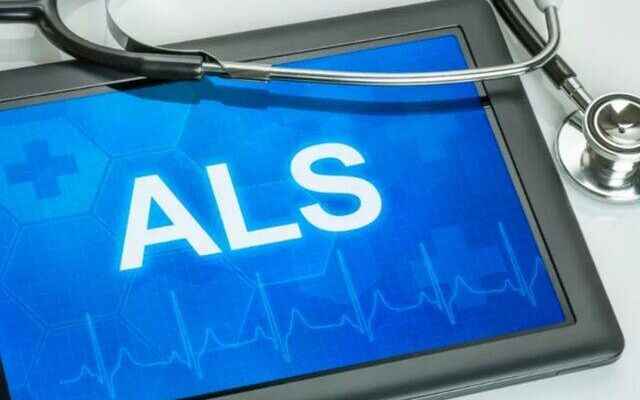Japanese experts have signed a study that will be hopeful in the early diagnosis of ALS disease, which has about 200 thousand people around the world. A group of researchers from Tokushima University’s Institute of Biomedical Sciences and Wakayama Seikyo Hospital examined muscle twitching in ALS patients whose motor neurons had degenerated. Considering that muscle twitches, which can be one of the early symptoms of the disease, cannot be noticed with the naked eye if they occur in an inner muscle group, scientists used traditional ultrasound devices to observe muscle twitches. By observing the movements of 15 muscle groups in 100 ALS patients and 100 healthy individuals, the team found that 95.6 percent of the subjects who experienced abnormal twitching in 8 muscle groups, including the back, arm and calf muscles, showed signs of ALS.
MAKES DIAGNOSIS EASY
Reminding that patients in the early stage of ALS generally prefer family physicians instead of consulting specialist physicians due to mild symptoms at the beginning, scientists noted that family physicians can also detect suspicious cases due to the easy accessibility of ultrasound devices. Stating that the possibility of diagnosis will be easier if suspicious cases are reported to specialist physicians early, experts reminded that early diagnosis and treatment are critical in the fight against ALS.
EARLY DIAGNOSIS IS DIFFICULT
ALS, which is difficult to diagnose in the early stages because its symptoms are similar to other neurological diseases, is diagnosed by EMG (electromyography), MRI (Magnetic resonance imaging), blood and urine tests, lumbar puncture (removal of spinal fluid from the waist) and muscle biopsy methods. ALS usually manifests itself with symptoms such as difficulty in swallowing, impaired speech, muscle cramps and twitches, tripping when walking, difficulty in carrying things, and difficulty in writing. (UAV)
